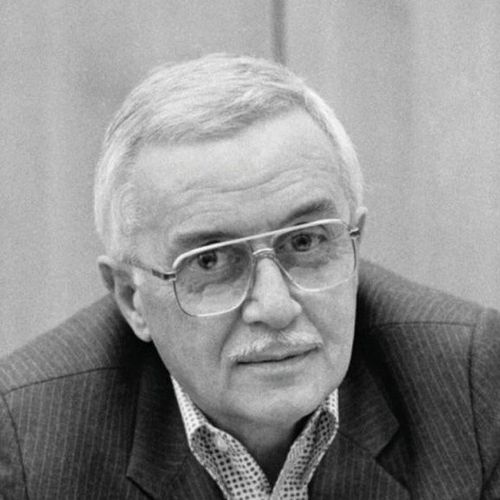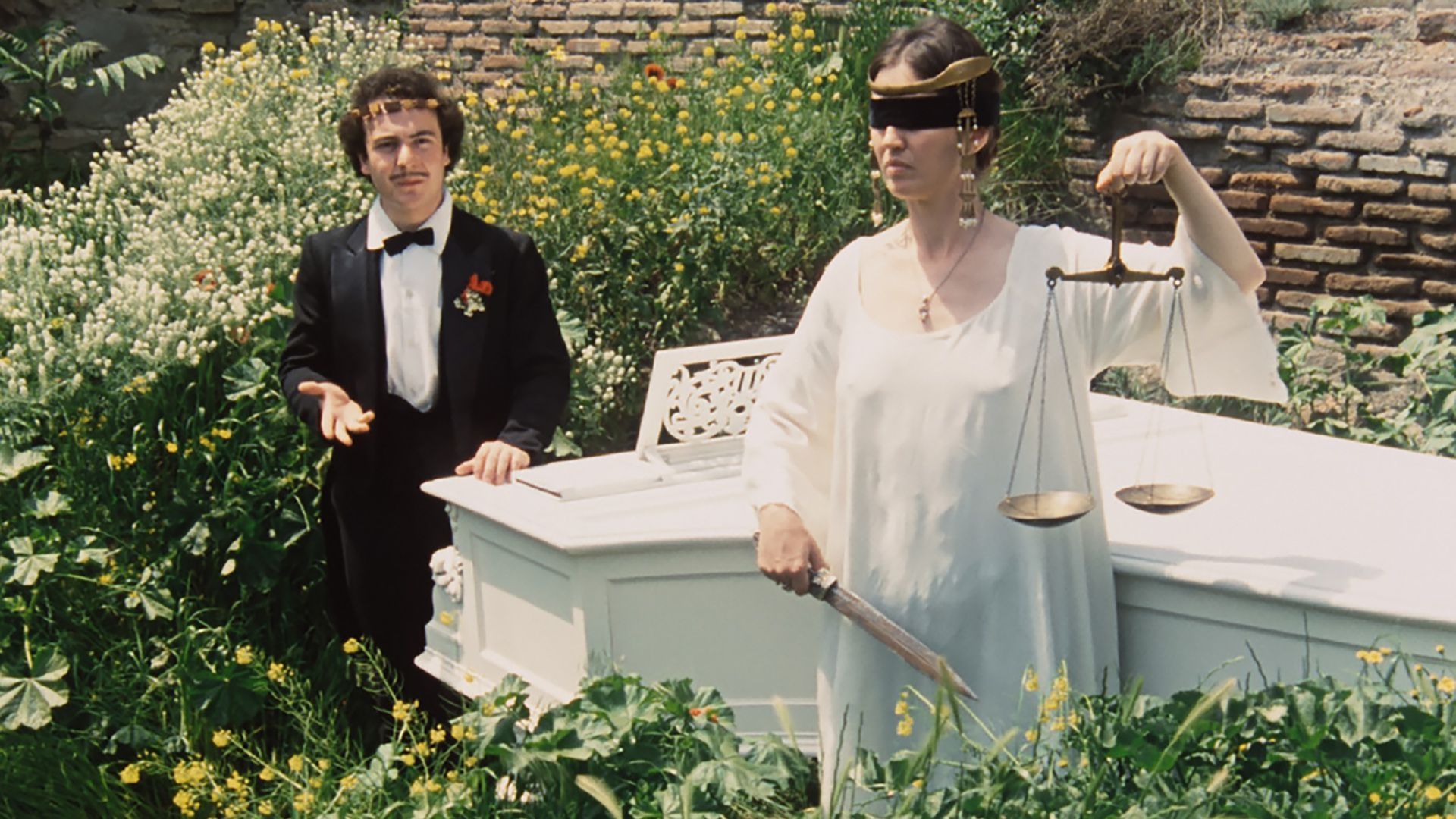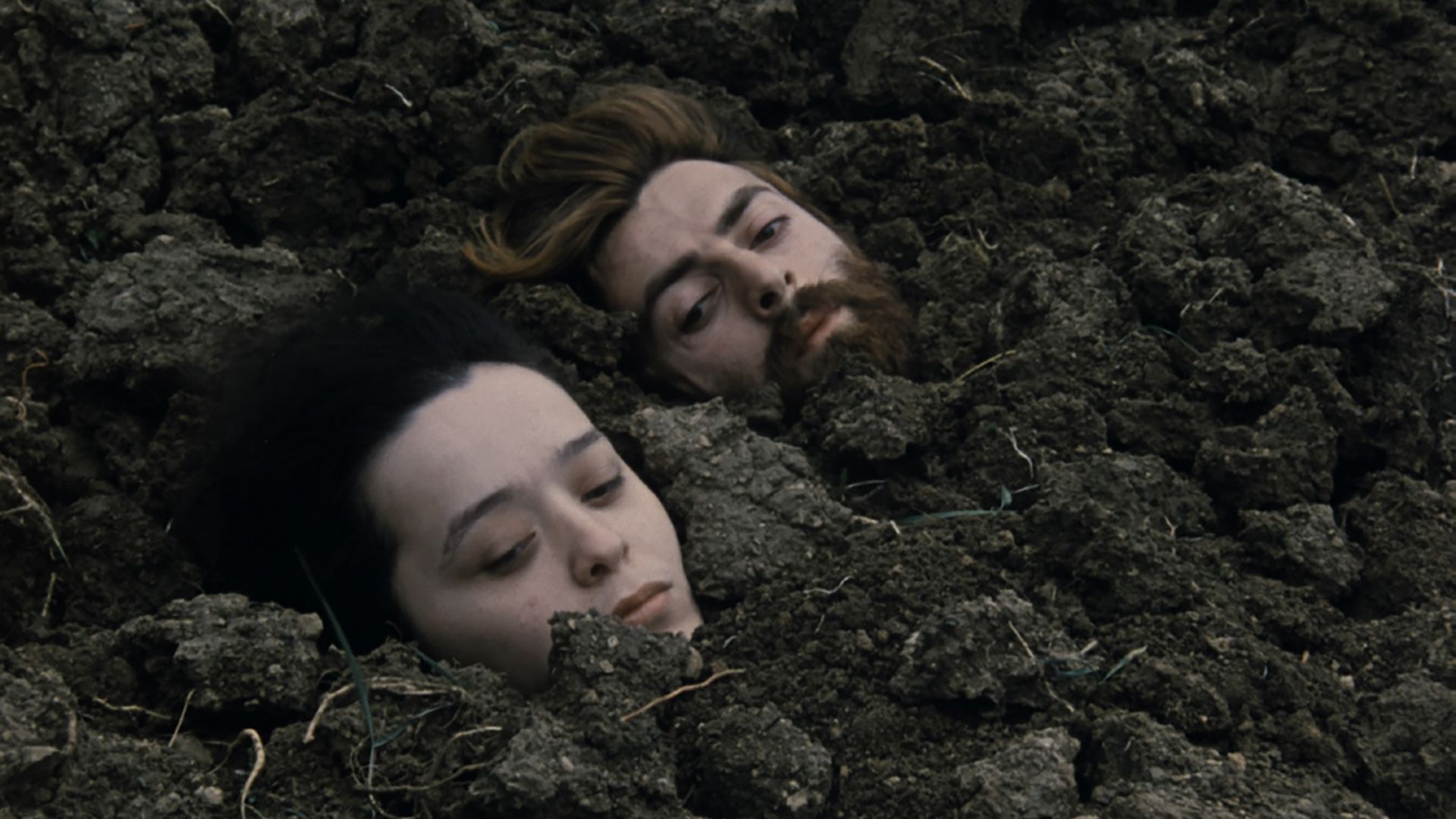Repentance
The number of tyrants is ever rising – and that alone is why “Repentance” has not lost its relevance.
Varlam, the head of a small Georgian town, cannot rest in his grave – someone keeps digging him up. When the culprit is caught, he claims that Varlam’s smiling mask hid a tyrant who is responsible for the suffering of many and deserves contempt.
The film was completed in 1984, but was banned and only reached the screen three years later, when perestroika had already begun – as a true sensation, as the media hailed it. A satirical mystery story about a personality cult, the responsibility of the ruler towards present and future generations, full of fantastic insights and poetic metaphors – with music by Arvo Pärt – it can be considered one of the most important films about tyranny in film history.
This year marks the 100th anniversary of Tengiz Abuladze’s birth, the 30th anniversary of his passing and the 40th anniversary of the completion of “Repentance”.
Tiit Tuumalu

Tengiz Abuladze (1924-1994) studied theatre directing at the Chota Rustaveli Theatre Institute in Tbilisi and filmmaking at the VGIK Cinematography Institute, graduating in 1953, when he joined the Georgian Film Studios as a director. He made documentaries before making his feature debut in 1958. His best known works in the West are the trilogy “Vedreba” (1967), “The Wishing Tree” (1977) and “Repentance”, the latter being one of the first films released in the post-Glasnost era.
Skhvisi shvilebi (Somebody Else's Children, 1958), Me, bebia, Iliko da Ilarioni (Me, Grandma, Iliko and Ilarion, 1962), Vedreba (1967), Samkauli satrposatvis (1971), Natvris khe (Soovide puu, 1977, PÖFF 2015), Monanieba (Patukahetsus, 1984, PÖFF 2015)


